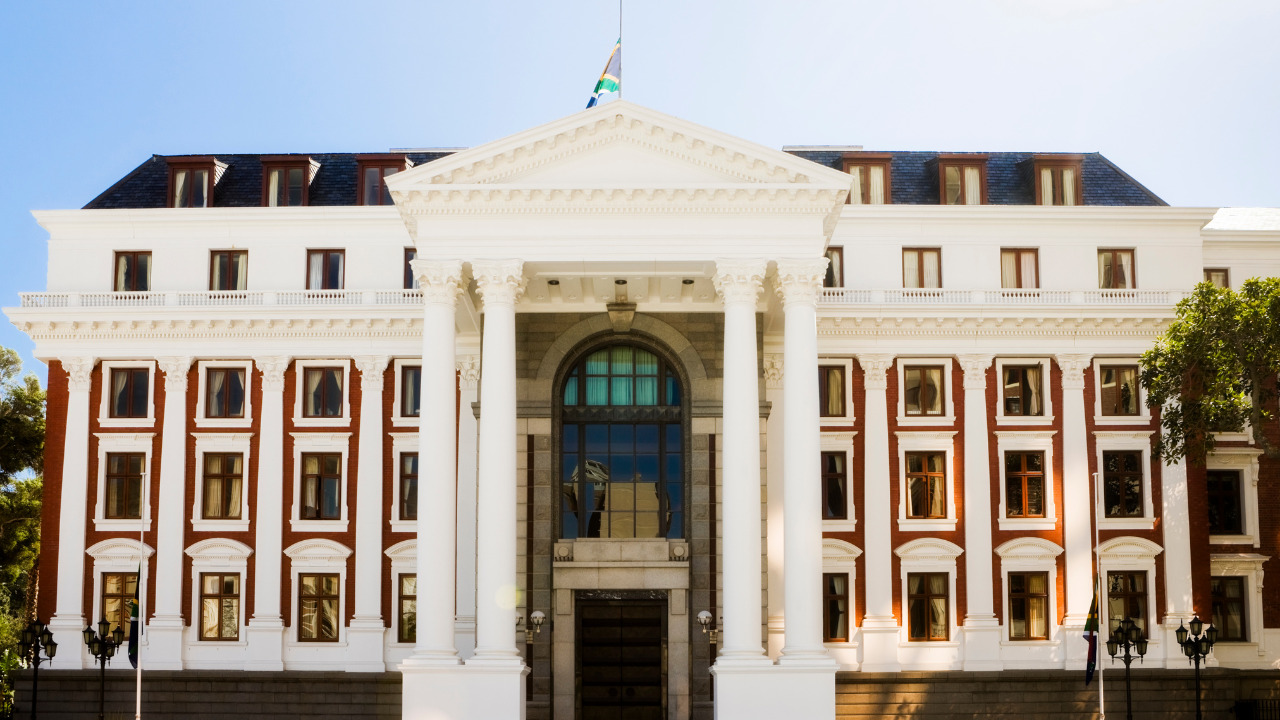Date first published: 15/12/2021
Key sectors: all
Key risks: political instability; policy uncertainty
Risk development
On 13 December Members of Parliament (MPs) from the ruling African National Congress (ANC) voted to reject the adoption of a report which found prima facie evidence that President Cyril Ramaphosa had violated his oath of office because he mishandled a robbery at a game farm he owns. About 214 out of 400 lawmakers in the National Assembly (NA) – where the ANC has a majority – rejected the report. This means that parliament will not initiate impeachment proceedings against Ramaphosa. While he may have escaped impeachment, the charges against him cast severe doubts on his anti-corruption reform agenda.
Why it matters
During the 13 December vote, several ANC MPs defied the party’s instructions to reject impeachment proceedings and voted alongside the opposition to adopt the report, highlighting growing divisions within the ruling party. The report’s rejection also came ahead of the ANC’s national elective conference scheduled for 16-20 December, where the ANC will elect the party’s 86-member executive, including the party president who will eventually become the country’s president. Cyril Ramaphosa remains the most likely candidate to secure the party’s top position. However, the corruption allegations have weakened his support base and that of his preferred candidates for the top leadership positions. Sustained political divisions will drive political instability and policy uncertainty in the medium term.
The ANC is deeply divided and fractured among various interest groups and factions, some of whom oppose Ramaphosa’s anti-corruption drive and reform agenda. According to the Zondo Commission report – a judicial commission of inquiry into allegations of grand corruption – at least 200 ANC leaders have been implicated in corruption, with the report advising the National Prosecuting Authority (NPA) to initiate criminal investigations into dozens of ANC members. However, the allegations against the President threaten his reformist stance and will likely fuel further calls for his resignation.
Background
In June former head of the State Security Agency (SSA) Arthur Fraser filed a criminal complaint against Ramaphosa relating to allegations of defeating the ends of justice, money laundering, forex controls violations, kidnapping of suspects, their interrogation on his property and bribery. According to Fraser, suspects stole US$4m in cash – the figure was later found to be at least US$580,000 – from the President’s Phala Phala game farm in Limpopo on 9 February 2020. Fraser stated that Ramaphosa attempted to cover up the robbery by bribing the suspects after authorities unlawfully detained them.
In September, following months of pressure against the President by opposition lawmakers, the NA set up an independent judicial panel to assess the veracity of Fraser’s claims. On 1 December the panel released its report and found prima facie evidence to support Fraser’s claims.
Risk outlook
The findings against Ramaphosa have significantly dented his anti-corruption credentials and weakened his support base within the ANC. A weakened and unpopular Ramaphosa is likely to translate to subdued support for the ruling party in the 2024 general elections, as persistent declining support threatens the ANC’s parliamentary majority. According to a July ISPOS poll, the ANC is expected to secure between 42 to 47 per cent of the vote in 2024, which risks the party being ousted from power or forced into fragile coalitions with opposition parties.

